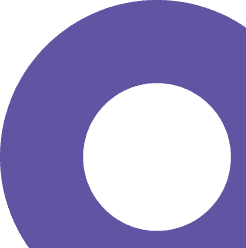What is migraine?

Do you have migraine?
- Has a headache limited your activities for a day or more in the last three months?
- Are you nauseated or sick to your stomach when you have a headache?
- Does light bother you when you have a headache?
If you answered yes to at least two of these questions, there’s a more than 90% chance you have migraine.
What is migraine?
Migraine is a disabling, neurological condition with a genetic basis. It usually presents as a moderate to severe headache affecting one side of the head but can affect both sides.
Migraine is associated with sensitivity to light and/or sound (and also smell and touch) and/or nausea and vomiting.
Some people can experience a migraine attack that doesn’t include a headache.
Migraine can also cause:
- fatigue
- dizziness and vertigo
- speech difficulties
- sensitivity to touch and smell
- mood changes
- numbness and tingling
- neck and shoulder pain
- brain fog
- visual disturbances.
A migraine attack typically lasts between 2–72 hours.
What causes migraine?
Migraine is caused by abnormal brain activity that affects nerve signals, chemicals and blood vessels in and around the brain.
Changes in the brain’s sensitivity and processing of pain and sensation cause migraine symptoms. The trigeminal nerves and brainstem are areas of the brain that are affected.
Migraine is often inherited through families.
What triggers a migraine attack?
Certain factors can cause the brain of a person with migraine to become hypersensitive, resulting in an attack.
Common triggers include:
- hormones (e.g. fluctuations in hormone levels around the time of the period)
- changes in routine (e.g. changing sleep patterns) and stress levels
- skipping meals or fasting
- changes in weather or temperature
- alcohol
- caffeine withdrawal
- dehydration.
How is migraine treated?
Migraine disease can’t be cured, but migraine attacks can be treated. Preventive treatments aim to lessen the frequency, duration and severity of migraine attacks. Acute treatments aim to reduce and relieve symptoms during an attack.
Treatment includes medications and non-medication options.

